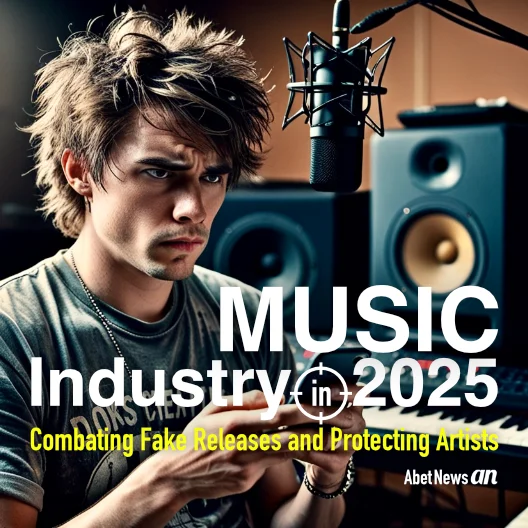5th Element Targeted in Streaming Scam

Fake Releases Flood Deezer via Kontor, Label Worx, and TuneCore
In a troubling development for independent artists and fans alike, new fraudulent music releases have surfaced on the popular streaming platform Deezer—this time under the name of the established artist 5th Element. The unauthorized content, reportedly distributed through Kontor Records, Label Worx, and TuneCore, has raised serious questions about the integrity of digital music distribution and the oversight practices of major industry players.
According to multiple reports, fake releases bearing the “5th Element” name were uploaded without the artist’s consent. These releases appear to be part of a broader trend of content flooding—where distributors release tracks under well-known or established names to manipulate streaming algorithms, attract unsuspecting listeners, or exploit the artist’s reputation for monetary gain.
What makes this situation particularly unsettling is the involvement of notable distributors such as Kontor Records, a Hamburg-based label whose roster includes electronic music heavyweights like Tiësto and Armin van Buuren. While Kontor is recognized as a reputable name in the industry, the incident raises a provocative question: Are artists like Tiësto and Armin van Buuren aware of their label’s involvement in such potentially unlawful behavior?
Label Worx and TuneCore—two prominent digital distribution platforms—are also implicated in this controversy. While these platforms offer tools for independent musicians to release their music globally, they have also been criticized for lax vetting processes, allowing bad actors to abuse the system.
The motivations behind these actions remain unclear. Was this a result of human error, a technical oversight, or a targeted campaign to exploit the “5th Element” brand? Some insiders suggest that content flooding may be part of a larger effort to manipulate revenue streams or algorithmic visibility on platforms like Deezer and Spotify.
There are multiple possible explanations for this kind of behavior:
• Algorithm exploitation: By using a recognizable artist name, fake tracks can generate streams more easily, leading to undeserved revenue.
• Lack of oversight: Some distributors may fail to properly verify content, prioritizing volume over legitimacy.
• Targeted attacks: If intentional, this could be an effort to undermine the credibility of an artist or label, or simply to siphon traffic and revenue.
For 5th Element and other affected artists, the damage is more than financial—it’s reputational. Being associated with low-quality or fraudulent content can dilute an artist’s brand and mislead loyal fans.
This incident also raises broader concerns about the accountability of digital music distributors. How can artists trust that their name and work won’t be misused? And what responsibility do labels and platforms have when such abuses occur under their watch?

As of now, neither Kontor Records, Label Worx, nor TuneCore has issued a public statement addressing the incident.
In an era where digital platforms dominate music consumption, protecting artist integrity and listener trust has never been more critical. The 5th Element case may just be the latest in a growing list of wake-up calls for the industry to implement stronger safeguards against content fraud.
Amy H.





